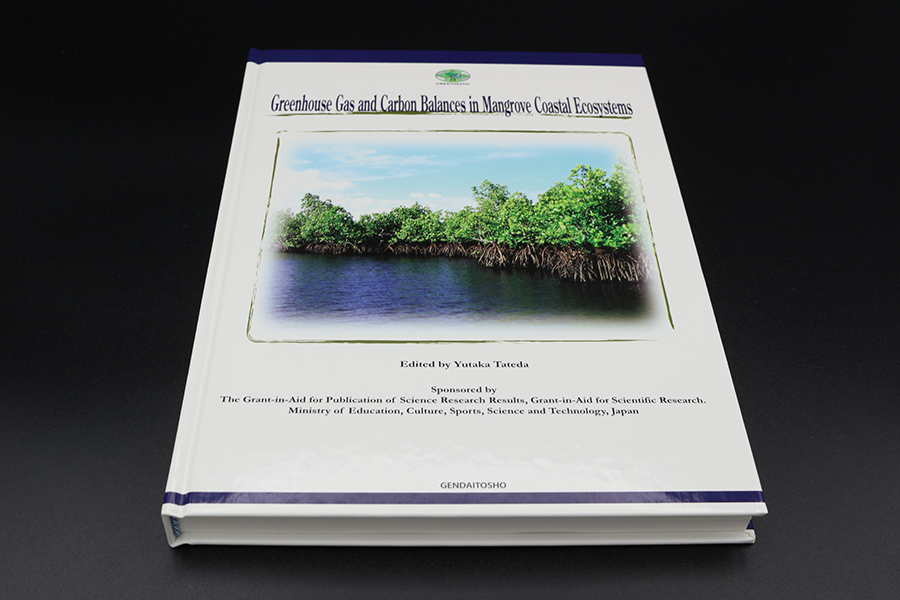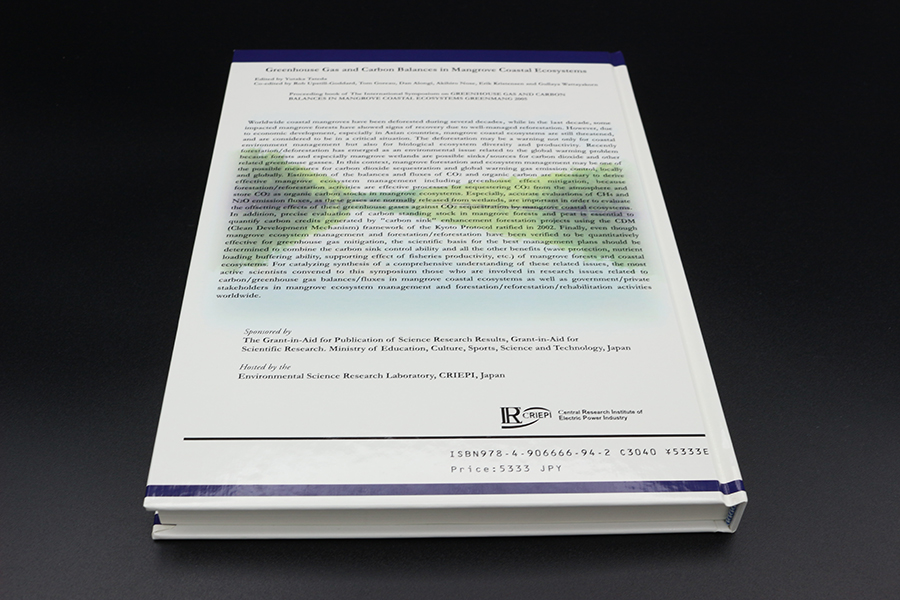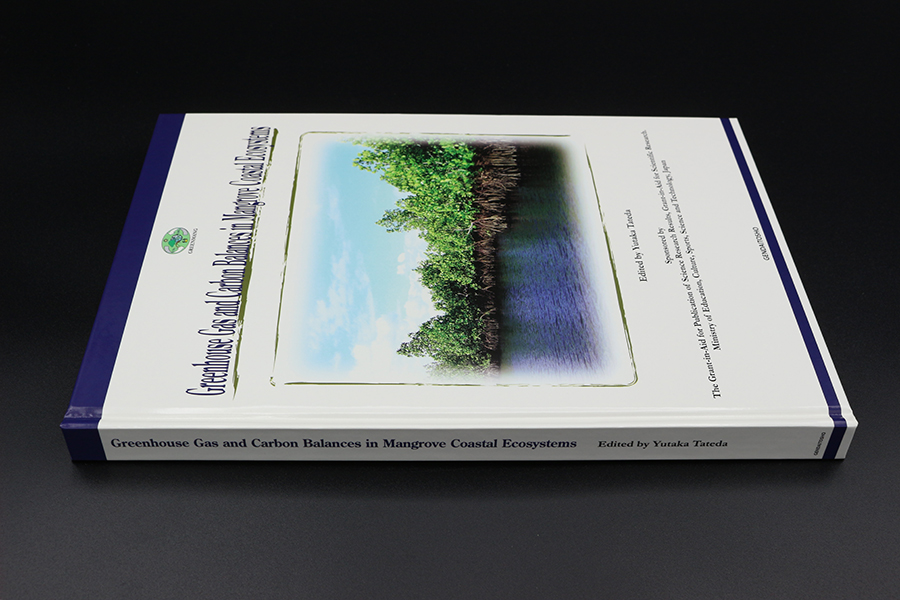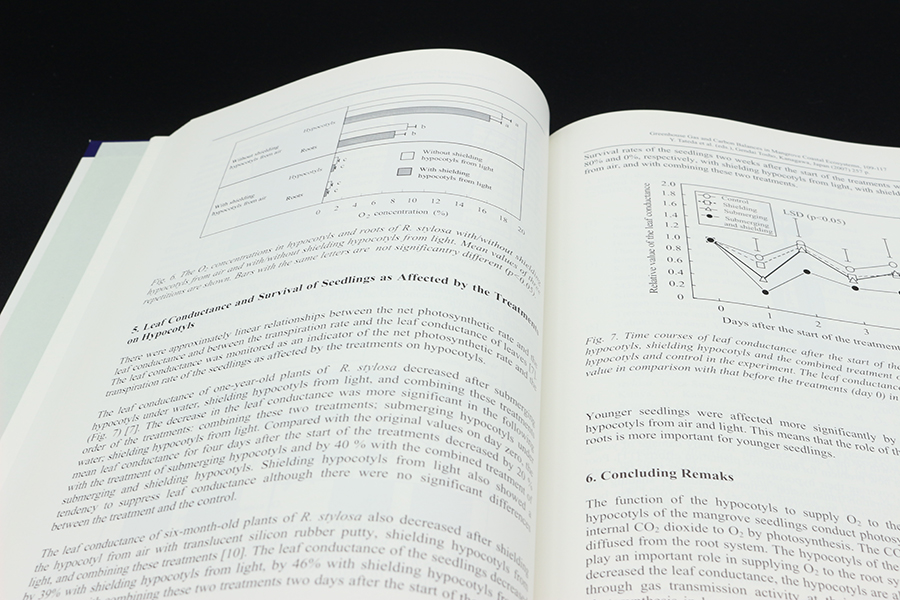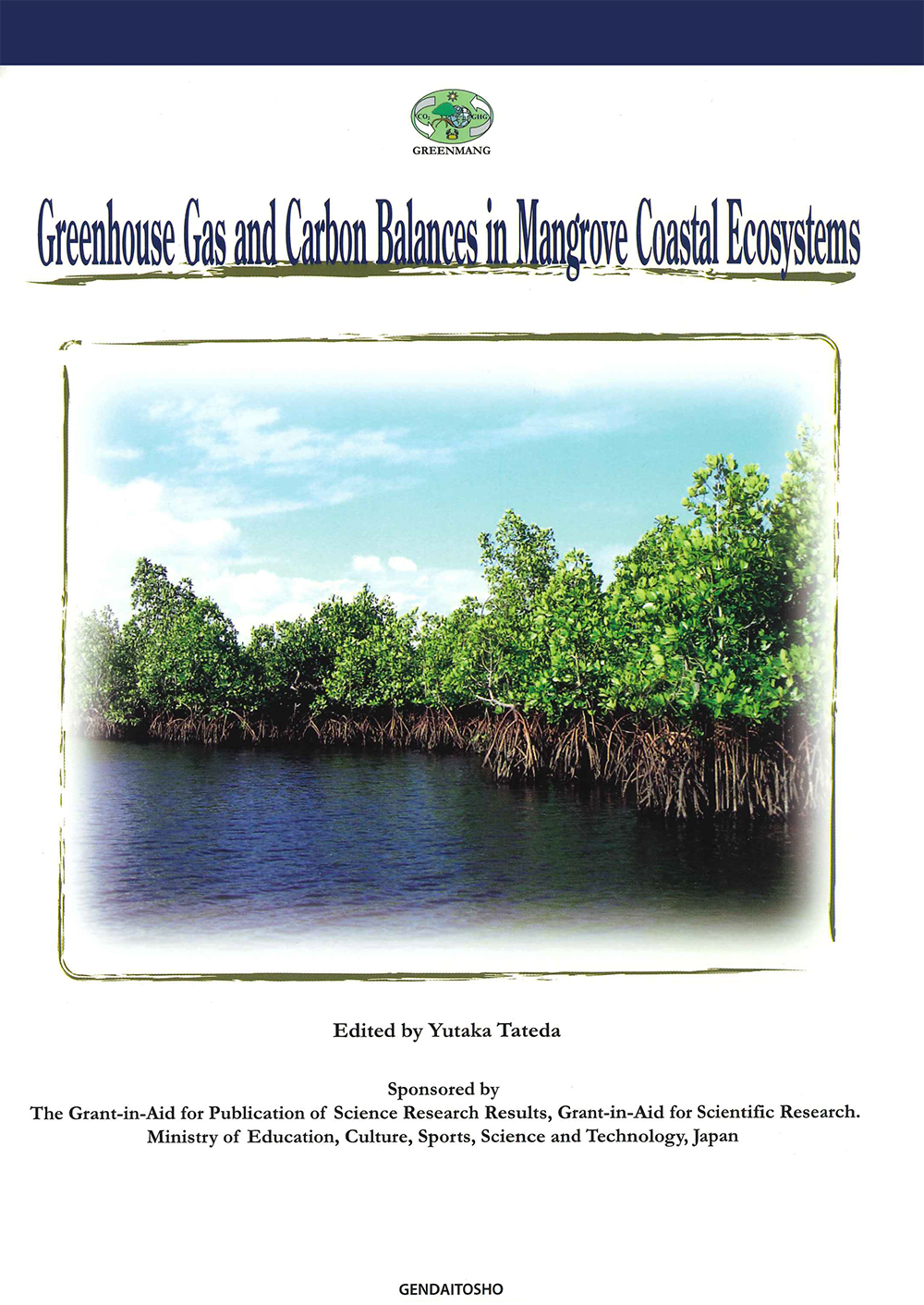
Greenhouse Gas and Carbon Balances in Mangrove Coastal Ecosystems
概要
Forestation/deforestation has emerged as an environmental issue related to the global warming problem because forests and especially mangrove wetlands are possible sinks/sources for carbon dioxide and other related greenhouse gasses. Especially, mangrove forestation and ecosystem management may be one of the possible measures for carbon dioxide sequestration and global warming gas emission control, locally and globally. Estimation of the balances and fluxes of CO2 and organic carbon are necessary to derive effective mangrove ecosystem management including greenhouse effect mitigation, because forestation/reforestation activities are effective processes for sequestering CO2 from the atmosphere and store CO2 as organic carbon stocks in mangrove ecosystems. Especially, accurate evaluations of CH4 and N2O emission fluxes, as these gases are normally released from wetlands, are important in order to evaluate the offsetting effects of these greenhouse gases against CO2 sequestration by mangrove coastal ecosystems. In addition, precise evaluation of carbon standing stock in mangrove forests and peat is essential to quantify carbon credits generated by “carbon sink” enhancement forestation projects using the CDM (Clean Development Mechanism) framework of the Kyoto Protocol ratified in 2002. Finally, even though mangrove ecosystem management and forestation/reforestation have been verified to be quantitatively effective for greenhouse gas mitigation, the scientific basis for the best management plans should be determined to combine the carbon sink control ability and all the other benefits (wave protection, nutrient loading buffering ability, supporting effect of fisheries productivity, etc.) of mangrove forests and coastal ecosystems.
→Japanese page
著者紹介
助成出版
文科省・科学研究費成果公開促進費による助成出版

